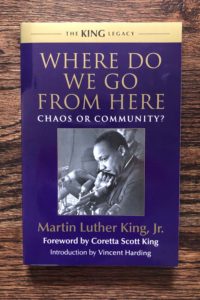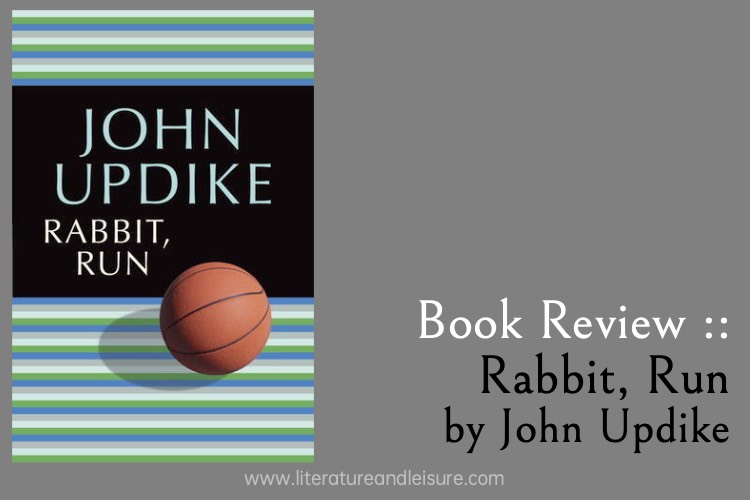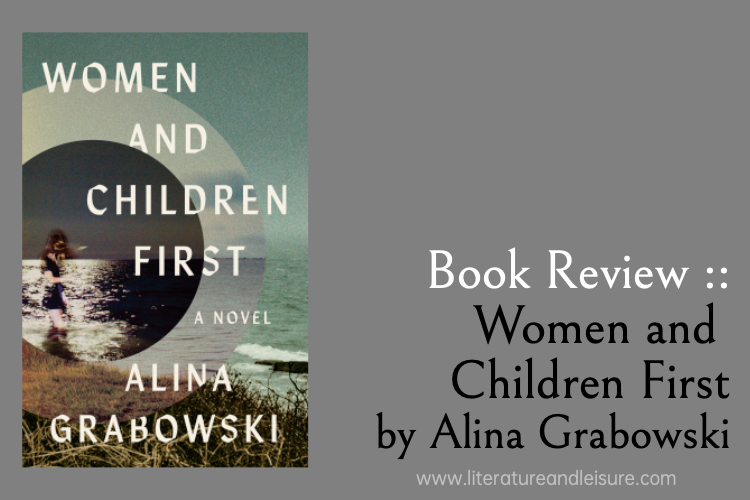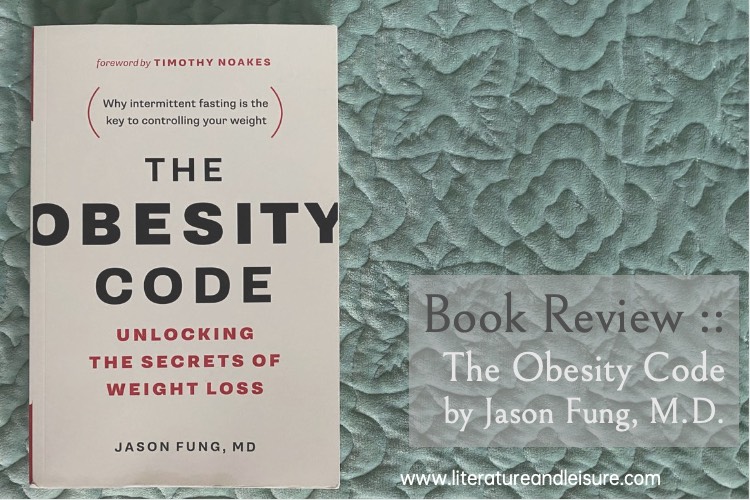
As our country comes face to face once again with systemic racism and the enormous gaps in race equality, many are turning to various forms of media – books, movies, documentaries, podcasts – to better understand the realities for those who have been marginalized. I am one of them. I’ve been immersing myself in these stories to hopefully inoculate myself from the sickness of apathy. If you’re looking to do the same, here’s a couple of recommendations.
When They See Us: This four-part Netflix docudrama tells the story of five young Black teens – victims of systemic racism – who were coerced into false confessions and found guilty of the assault and rape of a Central Park jogger in 1989. Directed by Ava DuVernay, their story exposes the gross injustice that prevails when politics and opportunity meet race and disadvantage.
When They See Us Now: This interview by Oprah of director/producer Ava DuVernay, the actors who participated and the real Exonerated Five is almost as good as the original series. Both are essential viewing.
Just Mercy: An award winning movie based on a true story and a book by the same name, this feature film has been made available at no cost across most every platform in June. Bryan Stevenson (author) is a young Harvard Law School grad who takes on the case of Johnny D. McMillian, a Black man on death row, wrongly convicted of murdering a white woman based on perjured testimony. The movie shows the racism directed not just to a Black man deemed a criminal but also against the Black man working to have previous wrongs made right.
In the Dark: The second season of this podcast tells the story of Curtis Flowers, a Black man tried six times for the same murder, primarily because the local DA continues to have his verdicts overturned due to racists practices. Flowers’ latest appeal made it before the Supreme Court last summer, a development since my original recommendation of this podcast.
Now on to books!
I was lucky enough to come through Auburn University’s English department at a time when Alice Walker, Zora Neal Hurston, Toni Morrison, Ernest Gaines and Richard Wright (all highly recommended) were common names on any syllabus for a literature class. So, I’ve read many of the greats. But I know I must keep reading.
And so, I changed what I had planned to read at the beach this summer. Instead, I read:
Well-Read Black Girl: Finding Our Stories, Discovering Ourselves: I love to learn what other writers read and what led them to a life in literature. This is a collection of essays by Black female writers on what has driven their creative lives. An overarching theme was the surprise, relief and affection these great American writers felt when they first discovered books written by and about people who looked like them. Like other books of its type, you’ll likely come away with a significant number of additions to your TBD.
The Color Purple: I hadn’t read this since college, so it was due for a re-read. Now on to the movie, which I’ve never seen. (I know, right?)
Quicksand: This 1928 novella by Nella Larson is the story of Helga Crane, a bi-racial woman trying to find her place in the world. Somewhat autobiographical, it is interesting for its early perspective of how each of the races responded to a woman with a Black father and White mother. Helga moves from the South to Harlem to Denmark and then back to the U.S. in an attempt to find a place that feels comfortable.
Other books worth reading:
An American Marriage: This book – as well as others by Tayari Jones – is getting renewed attention these days, and for good reason. I stand by my original assessment: To say that this is a great book is not enough. It is that, but it is also a book we need. My full review is linked to the title.

Where Do We Go from Here: The last book that Martin Luther King, Jr. penned before his assassination in 1968. It’s a series of essays in which Dr. King addresses the status of the Civil Rights movement, its progress, what has held it back and what he believes it will take to move it forward. It is his views from 40 years ago on America’s systemic racism. Again, my full review is linked to the title.
Lay this Body Down: The 1921 Murder of Eleven Plantation Slaves: This nonfiction story of the murder of 11 plantation slaves in 1921 takes place about an hour from where I live. As the owner was being investigated for peonage, he began methodically killing off his workers. As we strive to not turn our eyes away from the real history of our country, this is an essential chapter for everyone to be aware of.
Blood at the Root: Another nonfiction about events that take place not far from where I live. In this book, Patrick Phillips traces the South’s ugly heritage of racial injustice all the way back to forcing out the Native American’s from the area, which set a precedence for their children and grandchildren to do the same to African Americans. It culminates with events from the 1980’s and 90’s that I remember well, including this town hall discussion led by Oprah.
I know that I’ve barely scratched the surface of what should be required reading, watching and listening regarding America’s systemic racism for all of us as Americans and humans. I plan to continue to do this and I welcome recommendations!






Comments
Powered by Facebook Comments